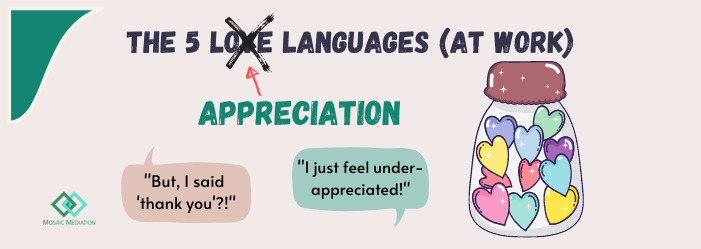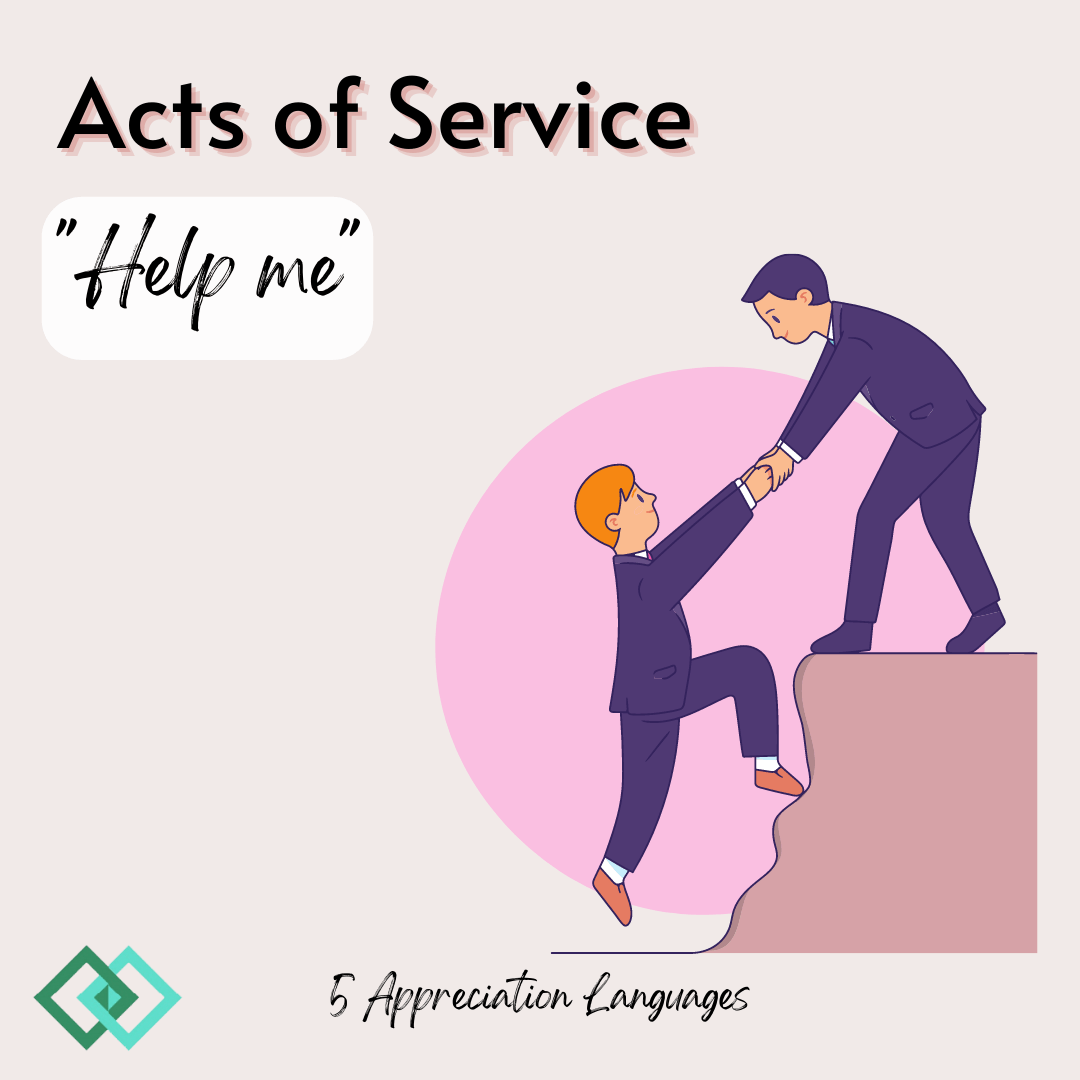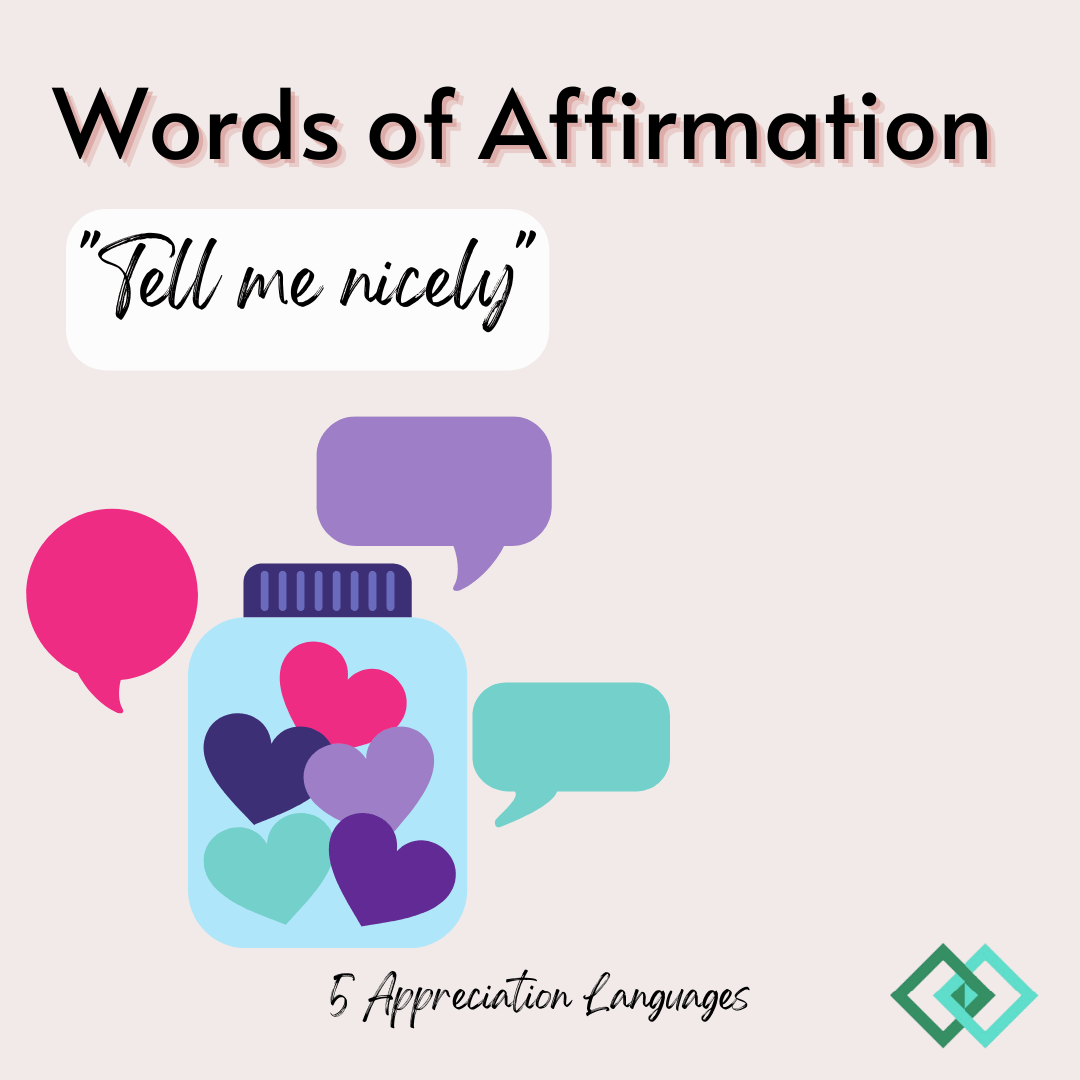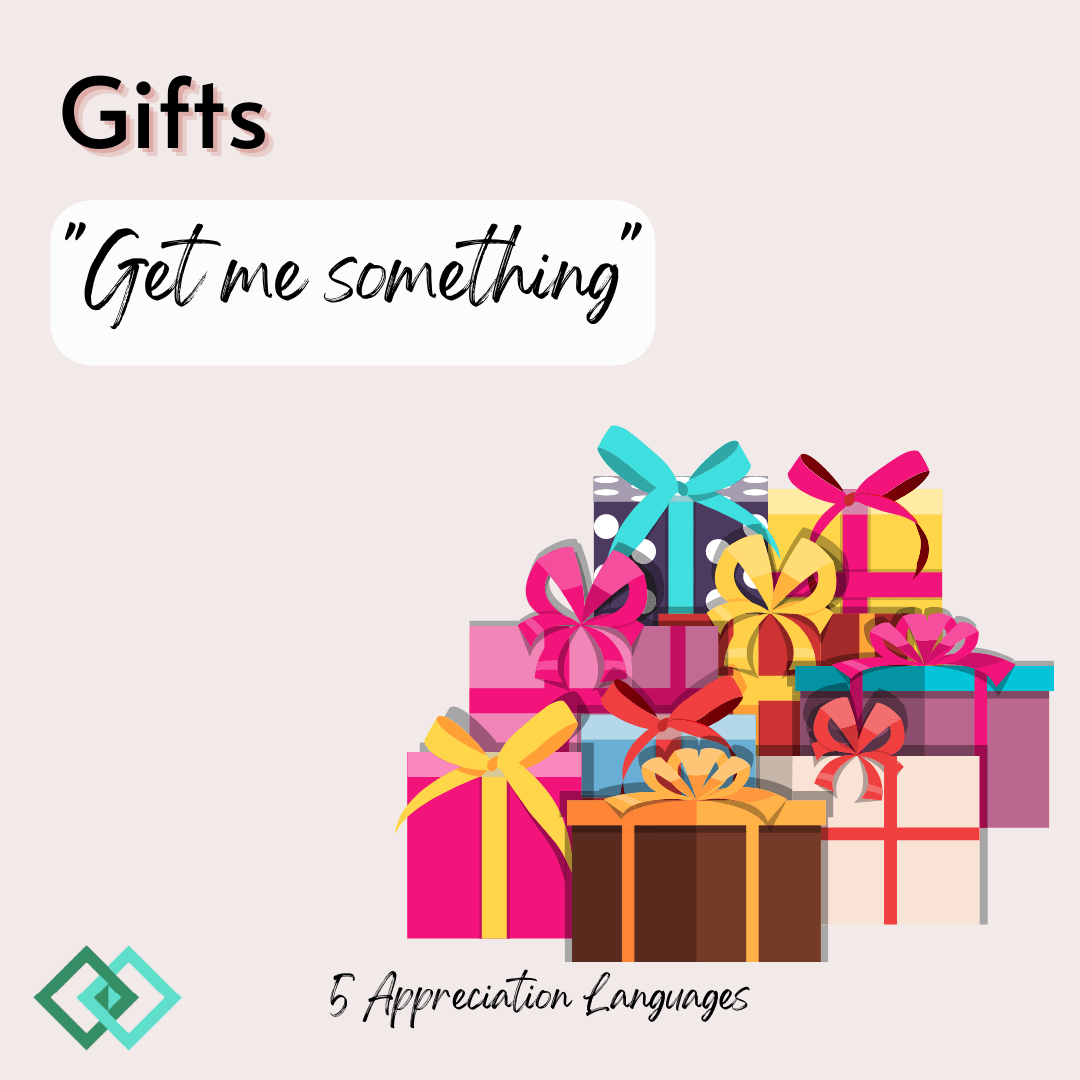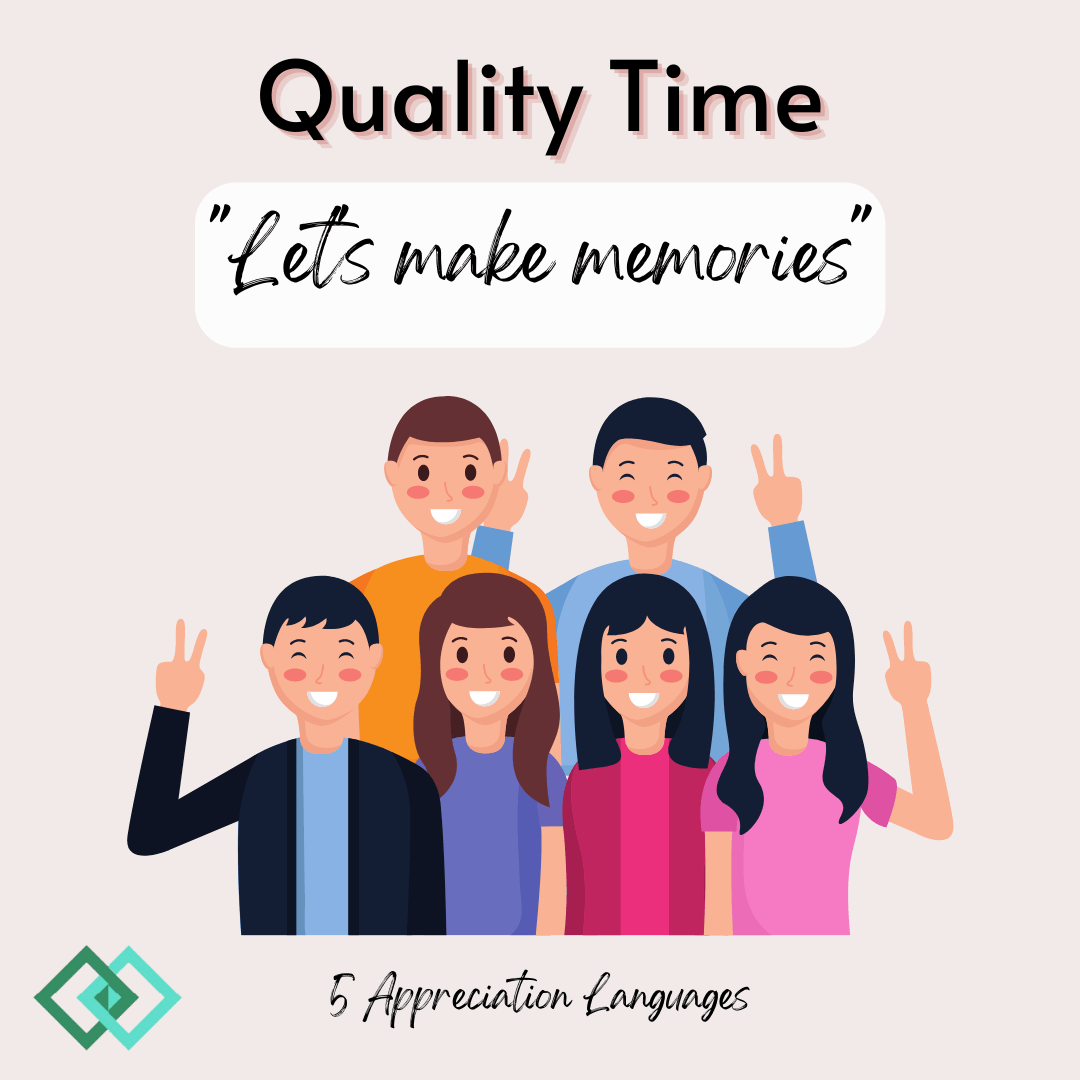Appreciation Language 5 - PHYSICAL TOUCH
⚠️Proceed with caution!⚠️
Without a doubt, there are lots of layers and potentially negative consequences if this appreciation language is not handled with caution and thought.
👉🏼There are important boundaries to be aware of:
- legal boundaries
- common sense boundaries
- unique-to-the-individual personal space boundaries
Even if someone's appreciation language is physical touch, that does 🔹NOT🔹 necessarily mean that they are OK with being touched... or being touched by you or other colleagues.
🤔So, how on earth do you navigate demonstrating appreciation to someone, when 'physical touch' resonates with them most, without potentially causing offence or implicating yourself?
As someone who, as a mediator with a background in law, will not give legal advice... here is some work-relationship advice to remember:
1. Communication is key - how well do you know them and their boundaries? What have they communicated? What have they NOT communicated?
2. Professionalism is mandatory! What is an objectively respectful and reasonable approach?
3. You do not have to physically touch someone whose appreciation language is 'physical touch' to help them feel appreciated...
📣Key message: express that you care
Though someone MAY appreciate a pat on the back, a handshake, or even a hug, with colleagues in the workplace, they may instead prefer body language which demonstrates a positive intention or feeling.
Because, someone who appreciates physical touch is highly likely to be more aware of your body language - a smile, a friendly gesture, the 'virtual hug/high five' gesture, or open body language in a conversation or meeting.
⚠️Key frustrations: closed/exclusive/aggressive body language, not respecting personal boundaries, ambiguous or negative facial expressions.
***If in doubt, remember that most people have a primary and a secondary appreciation language. If you have a colleague/team member with physical touch as the primary, you can always focus on the secondary appreciation language instead.***

